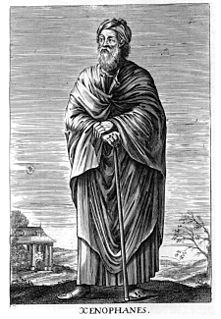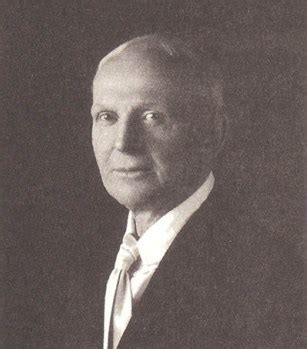A Quote by Xenophanes
But without effort [God] sets in motion all things by mind and thought.
Related Quotes
Colour, Figure, Motion, Extension and the like, considered only so many Sensations in the Mind, are perfectly known, there being nothing in them which is not perceived. But if they are looked on as notes or Images, referred to Things or Archetypes existing without the Mind, then are we involved all in Scepticism.
When we let our mind relax, a moment will come when we rest without thoughts. This stable state is like an ocean without waves. Within this stability a thought arises. This thought is like a wave which forms on the surface of the ocean. When we leave this thought alone, do nothing with it, not "seizing" it, it subsides by itself into the mind where it came from.
There is an invisible thought-stuff on which the mind acts, making things through the operation of a law not yet fully understood by man. Every thought moves upon this invisible substance in increasing or diminishing degree. When we praise the richness and fullness of God, this thought-stuff is tremendously increased in our mental atmosphere. It reflects into everything that our mind and our hands touch.
I don't see any sign of God in this world, in the place where we live and things we know. It can all be explained to my mind perfectly satisfactorily without God. But in the great darkness beyond this little spark of light where I live, of course there may be all kinds of things. There may be a god. So I'm really an agnostic.








































